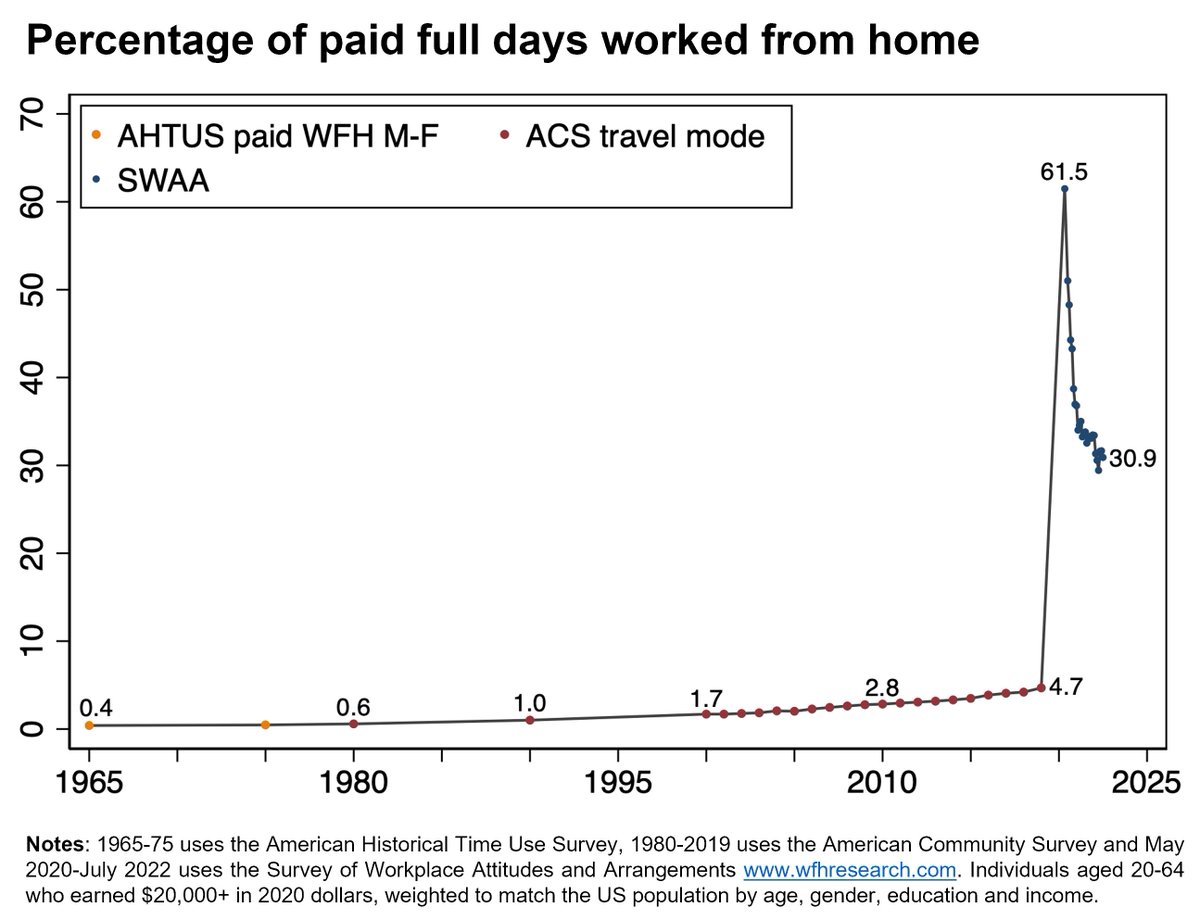This is a linkpost for https://rootsofprogress.org/links-and-tweets-2022-09-08
Opportunities
- Nat Friedman and Daniel Gross are investing $10M in AI-first products, apply here (via @natfriedman)
- Congressman Jake Auschincloss is hiring a Chief of Staff, @MarkLutter encourages the progress community to apply
Announcements
- Superabundance: The Story of Population Growth, Innovation, and Human Flourishing on an Infinitely Bountiful Planet is a new book out from Tupy & Pooley. Jeremy Horpedahl has a brief review.. Arnold Kling is slightly critical; I found his comments interesting but not fully convincing
- Prediction market Kalshi is seeking approval to create election contracts, add your comment to the CFTC (thread from CEO @mansourtarek_)
- Aletheia is a new platform for communicating peer-evaluated research (via @namalhotra)
Links
- I don’t think we can assign quantitative probabilities to all our beliefs, but this essay argues that if we make coherent choices, then we have them at least implicitly
- “Not even death can exempt you from TSA screening”
Queries
- Is there a case in the last century where a new technology didn’t become cheap enough for everyone? (@davidmanheim)
- Who should Derek Thompson talk to about why the British economy is such a mess? (@DKThomp)
- Is there a nice comparable table of rocket turbopumps by flow rate and pressure head? (@anderssandberg)
- Did Queen Elizabeth I really inhibit the development of the stocking frame?
Quotes
- Gutenberg had to solve many intricate problems to make the printing press
- Bacon anticipating Lakatos
- Jefferson anticipating Paul Romer
- Sawmills outnumbered even gristmills in 19th-century America
- “Life in the big city,” London, 1850s
Tweets & retweets
- Norway’s tunnel: < $7M/km; Seattle’s tunnel: $1,167M/km
- Diablo Canyon will continue operations until at least 2030 (@ANS_org)
- The more money an organization gives out, the less likely it is to fund unusual people (@SamoBurja)
- Beware the deepity (@JeremiahDJohns)
Charts
- The shift to WFH is saving ~200M hours and 6B miles of commuting/week in the US alone (@I_Am_NickBloom)


What do you imagine the long-term benefits of WFH will be? There's obviously personal pros and cons, but beyond those, it really only seems like Real Estate entities have much to benefit from permanent office-employment, and people in that space don't seem to be happy with the way things are headed. Even the WSJ has been very subtly pushing a return-to-office campaign in the last several months (Most Recently: https://www.wsj.com/podcasts/your-money-matters/bosses-want-workers-back-in-the-office-can-they-force-you-to-return/042c8fdc-90bb-4fc1-b596-a205c1f8ddff?mod=Searchresults_pos1&page=1).
Most recently, I've seen speculation of notable improvements for the Future of Cities in regards to WFH trends. 1.) In-person jobs move to center of cities and residents expand to the edges 2.) traffic congestion significantly drops and 3.) Real Estate prices substantially fall in core areas. (https://doi.org/10.1016/j.jue.2021.103331)
It seems to me that that pushing WFH and the technology that enables it should be high on the list of priorities for the Future of Cities, especially with #3; falling real estate prices in urban areas may somewhat ease housing crises for the workers that have no choice but to remain working in-person in core urban areas (service, manufacturing, healthcare, etc).
I think the biggest benefit is globalizing the talent market. The more remote work we have, the more companies can hire from the entire global talent pool, and workers can choose from the entire global set of employers. That is a vast labor market expansion.